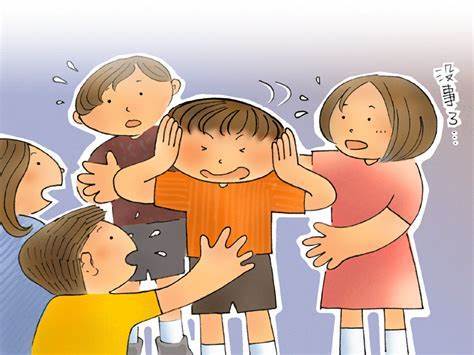In the process of a child’s growth, each child’s personality and behavior patterns are unique, including how they interact and play with others. When parents observe that a child tends to play alone and is not willing to engage with other children, worries may arise in their minds, even leading to thoughts of serious issues like autism. However, being solitary by nature does not equate to autism; this is a matter that requires careful distinction and rational examination.
Differences between being solitary and autism
Firstly, it is important to clarify that being solitary more so describes a social tendency or behavior pattern, meaning that a child may prefer solitude, may not be willing, or may not know how to actively participate in group activities. This could be related to various factors such as the child’s personality traits, family environment, and upbringing. Autism, on the other hand, is a complex neurodevelopmental disorder that not only manifests as social difficulties but also includes communication challenges, narrow interests, and repetitive behaviors. The diagnosis of autism needs to be carried out by a professional medical team through a series of clinical observations and assessments.
Understanding the uniqueness of children
Every child is unique; they have their own rhythm and way of exploring the world. Some children are naturally more introverted, preferring to play in their own little world, but this does not mean they are unhappy or have issues. Parents should respect the child’s individuality, giving them enough space and time to develop their interests and talents.
Encourage social interactions but do not force them
Certainly, good social skills are crucial for a child’s growth. Parents can encourage children to participate in social activities in gentle ways in daily life, such as inviting same-age children to play at home or taking children to suitable group activities. However, it is important to respect the child’s wishes, avoiding forcing them to do things they do not want to do to prevent adding to their psychological burden.
Observation and communication
If a child shows resistance to social activities for an extended period, even affecting their daily life and learning, parents need to pay closer attention to this issue. At this point, in-depth communication with the child becomes especially important. Parents can try to understand the child’s thoughts and feelings, identify the reasons for their reluctance to socialize, and provide appropriate guidance and support.
Seek professional help
If parents notice that a child’s social issues persist and are accompanied by other symptoms resembling autism, it is important to seek help from a professional medical team promptly. Professional evaluation and diagnosis can provide parents with accurate information and guidance to better understand and support the child.
In conclusion, being solitary does not equate to autism. When facing a child’s social issues, parents should remain calm and rational, respect the child’s individuality, provide them with enough love and support. At the same time, closely monitor the child’s growth changes, seek professional help promptly, and ensure smooth sailing for the child’s healthy growth.【Copyright Statement: Contact for deletion】.


